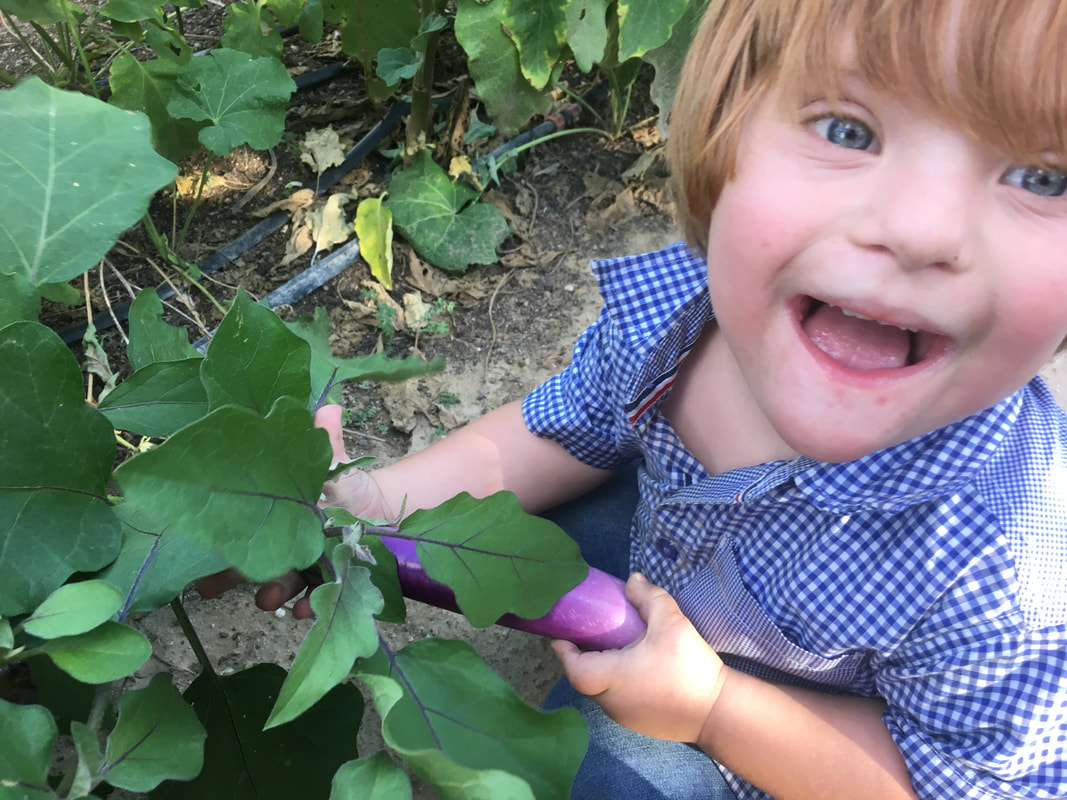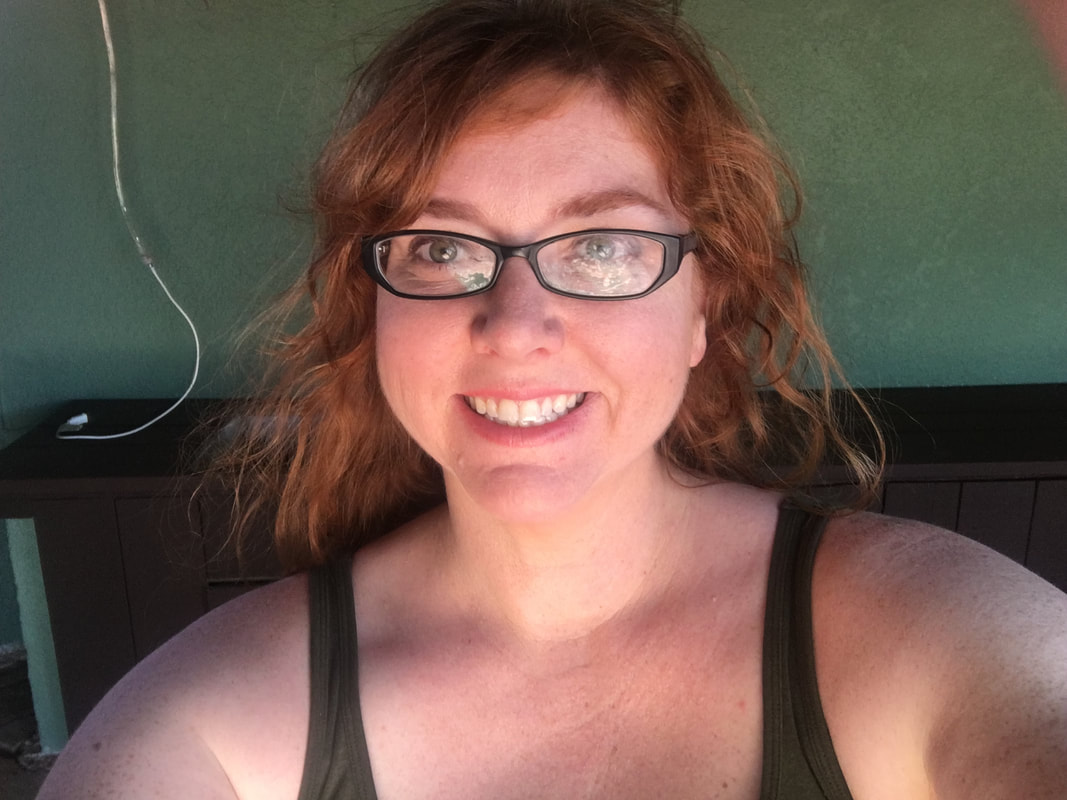 It’s easy to look at the violence this past weekend at the white supremacist rally and think “those people are evil, they are nothing like me, and I could never do something like that”. But if we are going to evolve past racism we have to put down our self-righteousness and look deep into our own souls. The first step to overcoming a problem is to admit that it exists. I’m a racist. You’re a racist. We’re all born racists. There is an evolutionary aspect to racism. People who are very different from people like us represent a possible danger to our way of being. Sometimes this fear is unwarranted. Sometimes someone from a different race can come into our lives and teach us a better way of being. And sometimes they want to control us, take everything we have or even try to wipe us out completely, like the Europeans did when they arrived on this continent. The ability to quickly assess and pass judgment on our fellow humans has a distinct evolutionary advantage, so it’s no wonder that we have to fight our natural instincts in order to be kind and tolerant of one another. Personally, from an early age I was taught that tolerance, peace and love were good, and that racism, violence and hatred were bad, so this is how I tend to operate in the world. When I think about the Grand Dragon of the KKK saying that he’s “glad that girl died” during the Charlottesville rally, it is pretty incomprehensible to me. It makes me want to deny my own basic humanity, to push away the fact that if I were raised differently I might be capable of acting in such a way. As easy as it is to condemn racism, if we want to eliminate it we must first embrace it. The truth is we have to be taught to be tolerant, not the other way around. To put an end to this type of racism, violence and hatred we must find a way to teach tolerance, peace and love on a grand scale. But first we have to acknowledge the root cause of the problem, which is our inherent fear of differences. Nowhere in our society is our fear of difference more apparent than in the way that we approach people with disabilities. As a parent of a child with down syndrome, my heart was hit hard this week by a CBS news report that “Iceland Is On Pace To Virtually Eliminate Down syndrome Through Abortion”. While I had already known about the statistic that Iceland has a near 100% termination rate of fetuses that test positive for trisomy 21, watching the news report made that statistic much more real for me. When we talk about race we are generally talking about classifying people by a set of common characteristics that they’ve inherited through their genes. People with Down syndrome have a set of common characteristics caused by their extra chromosome that others in society use to identify them. I would argue then, that Down syndrome is a race, and that the massive efforts by governments around the world to eliminate this chromosomal abnormality is institutionalized racism. Others would say that it is simply eugenics, whether you classify Down syndrome as a race or not. Either way, it is a moral quandary that we as a society need to examine. Before I had a child with Down syndrome the article on Iceland probably wouldn’t have even caught my attention. I certainly wouldn’t have drawn a comparison between the blatant racism of the KKK and that of governments around the world attempting to eradicate chromosomal abnormalities. “Families have the right to be informed and make that choice” I might have said. But then, before I had Benny I didn’t know anyone with Down syndrome, or any other chromosomal abnormality. In fact, I distinctly remember that while I was pregnant with my older son the thought of him having a disability or deformity was one of my greatest fears, right up there with the idea of having twins. People with chromosomal abnormalities have the toughest lot in discrimination, because it starts with their own families. While people of a different race are usually born into families of the same race, people with developmental disabilities usually are born into families who do not have any. If they are lucky enough to be born at all, their families must overcome their own innate fear of difference in order to love and accept them.
As someone who has been through this process I can tell you that it isn’t easy. In order to make the decision to keep my pregnancy, I first had to overcome a tremendous amount of fear. Fear of the unknown. Fear of hardship. Fear of challenges. Fear of being different. To make this more difficult, the doctors and genetic counselors who discussed our diagnosis with us were extremely negative about the future we were deliberating on. My son just turned three, and some of those negative predictions have come true. He does have more medical problems that my other son ever had. He does have some developmental delays. These things are true. But it’s also true that in the process of learning to accept his differences, we have gained something invaluable as a family. By pushing through all of that fear and coming to a place of tolerance, peace and love, we are better people. And that is what we gain as a society when we push back our fear of differences. We become better people. But first we have to know that we’re there. We have to see the fear, feel it, acknowledge it and then we can finally move past it. So this is where it’s up to you. You cannot change anyone, but you can influence them by shining a light for them in the way that you act in the world. The first step is to admit the problem. You are a little bit afraid of people who are different than you. That’s okay, we all are. Today I challenge you to challenge yourself to identify the people who scare you the most. Dig deep. Do you avert your eyes when you see someone drooling in a wheelchair? Do you make assumptions about the person behind the cash register at the gas station? When you hear a certain kind of accent does it change your impression of that person’s intelligence? Identify and examine this with brutal honesty. What is it about “those” people that scare you? Once you have been honest with yourself about your own fears, go forth and work on overcoming them. Smile and say hello to the person drooling in the wheelchair. Ask that person behind the cash register how their day is going. The next time you hear that accent, instead of assuming low intelligence, try engaging them in a discussion about the meaning of life. This is how it begins, one person, one conversation at a time. Thank you for taking part in the changing of our societal fabric. It’s not easy, but most things that are worthwhile are difficult. Challenge yourself today. We can make the world more tolerant, peaceful and loving. It starts with you and ripples out.
0 Comments
|
Archives
April 2022
AuthorSince becoming a mom to a little boy with Trisomy 21 I have written a lot about Down syndrome and disabilities. I am a storyteller, wife and mom to a teen and a toddler. Life is busy! Categories
All
|


 RSS Feed
RSS Feed